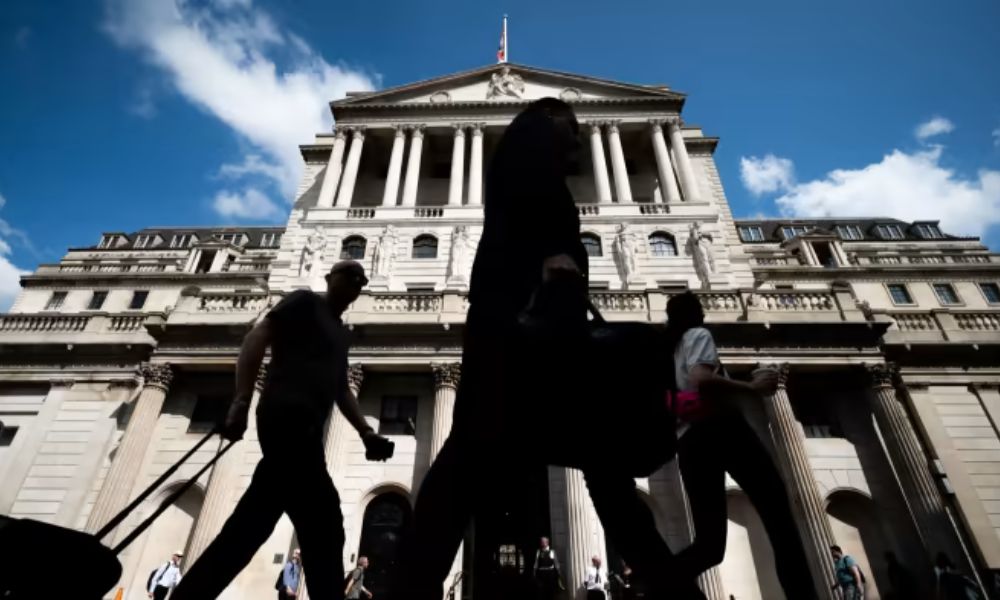
In the first half of 2023, there was a startling economic and financial disparity across and within nations.
There is an increasing propensity to predict convergence in the coming term and the favorable set of outcomes that would come with it, from improved growth and inflation results to rewarding investment performance, since some of this dispersion was partially reversed in July. But to do it right now would be hasty and foolish.
In the financial and economic sectors, there are increasingly more indications of seeming convergence. Think of the following as an example:
Long behind in reducing its inflation rate significantly, the UK pleasantly surprised with its lower-than-expected figures reported in July, raising optimism that it will finally catch up to the lower inflation rates present in other G7 nations reasonably rapidly.
| Are you a Tax Lawyer in USA? 👉Transform Your Brand: Click for Metamorphosis👈 |
After a wide variety of outcomes in June, the Bank of England may join the Federal Reserve and the European Central Bank in agreeing to 25 basis points rate increases with the highly anticipated policy announcement later this week.
These included increases of 50 bps for the BoE, 25 bps for the ECB, and no change in the Fed's rate.
The Dow Jones index of more established industrial and consumer companies, which had fallen far behind the Nasdaq index's rising tech-heavy performance, has been narrowing the gap in recent weeks.
Internationally, Chinese stocks outperformed both advanced and emerging economies in July after dramatically underperforming both in June.
Finally, what some saw as concerning language of a "decoupling" between China and the US has given way to the ostensibly reassuring idea of a "de-risking" that would neither impede growth and trade nor significantly increase financial instability.
Economic and market confidence is unavoidably fueled by the increasing talk of reduced economic and financial dispersion. In fact, the longer it lasts, the more it might diminish volatility both inside and across nations.
As a result, there would be a better chance for gentle landings on a national and international scale, less pressure on interest rates and currencies, and the next leg up in asset prices may be driven by assets with less inflated values.
It is also tempting to think that the uncertainty that has been threateningly looming over the world economy and markets will be decisively lifted in the second half of the year given the potential for such a wide range of positive feedback loops among them.
Even if we should all want for this to happen, it would be smart to prepare for a difficult road ahead. Just think about a few of the elements that make the seeming convergence more challenging.
The BoE still faces a difficult battle against inflation if supply-enhancing policies don't step up their contribution.
The ECB and Fed, two of the more sophisticated central banks, will have to choose between achieving their shared inflation objective of 2% and preserving financial and economic stability as they move closer to the "last mile" of their anti-inflation mission.
The difficulties facing central banking go beyond this. The Bank of Japan will have to carefully adjust its increasingly unbalanced YCC (yield curve control) policy regime over the upcoming months.
Meanwhile, a sizable group of ageing leveraged operations and zombie companies whose financial survival necessitates either financial restructurings or coercive debt reductions are anticipated to be hurt worse by the cumulative impact of rate rises elsewhere.
Fundamental support for market-wide price increases will lack the vigor of the small group of stocks riding a huge secular wave (think artificial intelligence and other structure-changing innovations) or having "all-weather" characteristics (think traditional Big Tech) in a world where manufacturing is under pressure and surplus savings are being depleted.
The government's typical approach of igniting markets through fiscal and monetary stimulation will prove less effective and more distortive, preventing a quick market convergence given that China's growth issues are both cyclical and secular.
Last but not least, it is very challenging for the US to de-risk from China without a significant amount of decoupling, for the reasons outlined in an earlier post.
| Are you a Tax Lawyer in USA? 👉Transform Your Brand: Click for Metamorphosis👈 |
We must use every effort to tame the appeal of the consoling convergence myths. Failure to do so would result in a premature easing of the efforts required to get beyond the remaining short-term obstacles.
Additionally, it would put us in a poorer position to deal with the structural and secular issues that our generation, as well as those of our children and grandchildren, must face.